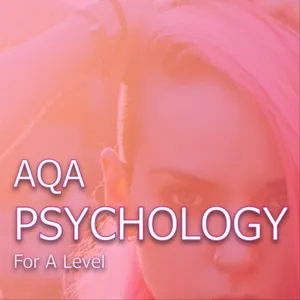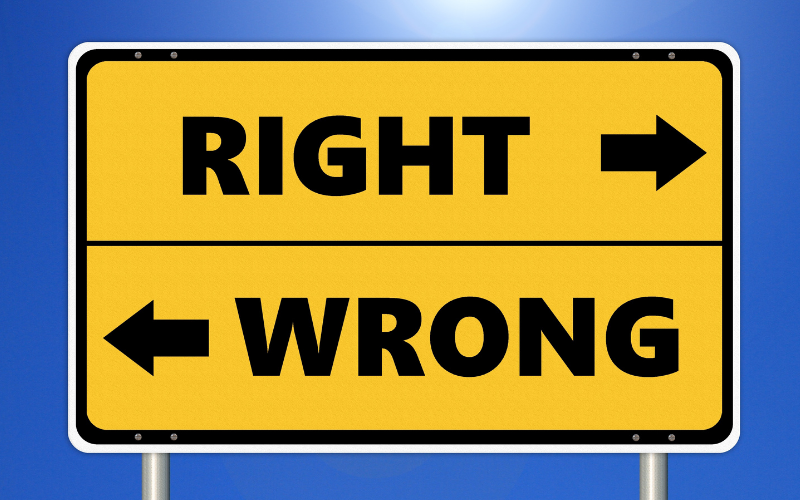Podcast Summary
Understanding Phobias, Depression, and OCD: Distinct Behaviors, Emotions, and Cognitive Characteristics: Phobias involve panic, avoidance, and endurance with disproportionate anxiety and fear, depression is marked by reduced activity levels, disrupted sleep and eating, and negative emotions, while OCD is characterized by repetitive compulsions to reduce anxiety and distress
Phobias, depression, and obsessive compulsive disorder (OCD) are complex mental health conditions with distinct behavioral, emotional, and cognitive characteristics. Phobias involve panic, avoidance, and endurance, with emotional responses including anxiety and fear that are often disproportionate to the threat. Cognitive characteristics include selective attention, irrational beliefs, and unrealistic thinking. Depression is marked by reduced activity levels, disrupted sleep and eating, and negative emotions like anger and lowered self-esteem. Cognitive characteristics include poor concentration, attention to the negative, and absolutist thinking. OCD is characterized by repetitive compulsions that reduce anxiety, with emotional responses often including distress and tension. Understanding these characteristics can help in recognizing these conditions and seeking appropriate help.
Understanding Anxiety and OCD: Differences and Coping Strategies: Anxiety and OCD present differently, with anxiety being a response to obsessions or a standalone condition, and OCD involving avoidance and intrusive thoughts causing distress. Coping strategies like meditation and self-awareness can help manage symptoms.
Anxiety and Obsessive-Compulsive Disorder (OCD) can manifest differently, with anxiety being a response to obsessions or a standalone condition, while OCD involves avoidance of anxiety-triggering situations and the presence of unpleasant, intrusive thoughts. These thoughts can cause distress, depression, guilt, and disgust, and are often accompanied by cognitive symptoms like excessive anxiety and hyper-vigilance. About 90% of people with OCD experience recurring intrusive thoughts. Coping strategies, such as meditation and self-awareness, can help manage these symptoms by promoting understanding that thoughts and behaviors are irrational, and reducing the impact of catastrophic thoughts. Overall, recognizing the emotional and cognitive symptoms of anxiety and OCD, and utilizing effective coping strategies, is essential for managing these conditions.





